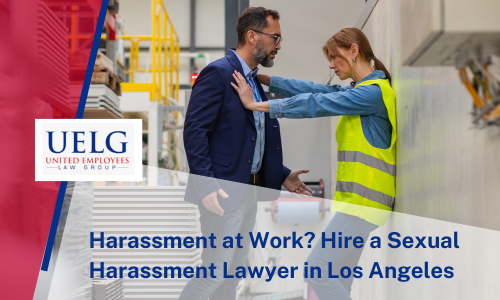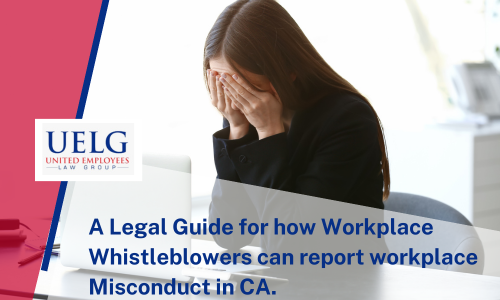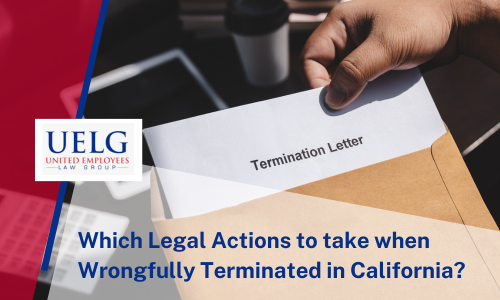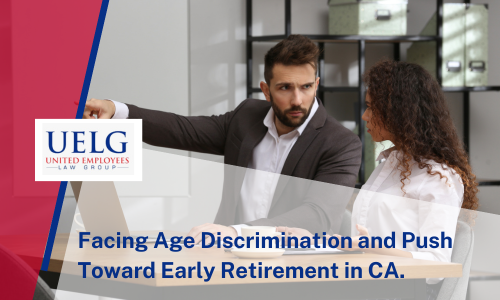A Domino’s employee, Patterson, filed a sexual harassment case against her supervisor and Sui Juris, owner of the franchise location she worked at, as well as the franchisor, Domino’s Pizza. Usually only the “employer” can be sued for claims of sexual harassment under the Fair Employment and Housing Act, (FEHA). Patterson’s case makes the claim that Domino’s Pizza is equally as responsible as Sui Juris due to the degree of control and direction Domino’s gives Sui Juris on how the business, while his own, must be run. Trial court did not agree with the claim that Domino’s was equally at fault, but the appellate court disagreed with that decision.
The appellate court thought that the matter held enough merit that it should at least be tried. Interestingly enough, the court did not apply “single employer” or “joint employer” standards that normally apply to these analyses; nor did the court apply the FEHA. Instead, the court used an independent contractors type analysis applying to torts generally:
Whether a franchisor is vicariously liable for injuries to a franchisee’s employee depends on the nature of the franchise relationship. . . . .”The general rule is where a franchise agreement gives the franchisor the right to complete or substantial control over the franchisee, an agency relationship exists.” . . . “‘[I]t is the right to control the means and manner in which the result is achieved that is significant in determining whether a principal-agency relationship exists.'” (Ibid.) Consequently, a franchisee may be found to be an agent of the franchisor even where the franchise agreement states it is an independent contractor. …. If the franchisor has substantial control over the local operations of the franchisee, it may potentially face liability for the actions of the franchisee’s employees.
“[T]he franchisor’s interest in the reputation of its entire system allows it to exercise certain controls over the enterprise without running the risk of transforming its independent contractor franchisee into an agent.” … Consequently, it may control its trademarks, products, and the quality of its services. But the franchisor may be subject to vicarious liability where it assumes substantial control over the franchisee’s local operation, its management-employee relations, or employee discipline.
After using this type of analysis the court believed that a trial was necessary in order to determine if Domino’s has sufficient control over the franchisee Sui Juris and can therefore be held liable for the sexual harassment claims.
Of course Domino’s argument was that they had no prior knowledge of the sexual harassment claim at the franchise location. But the court did not find that this was sufficient and ruled that a franchisor can be held liable for the franchisee’s supervisor.
This decision has widened the liability in harassment suits and is likely to follow in discrimination as well. The key element is the degree of control the franchisor has over the franchisee.
Labor law is complex; if you have any questions regarding your employment it is recommended that you contact a California labor law attorney who can help you understand your rights and in many cases will review your situation without charge.











